|
Reflecting on the past year, it seems like the start of the pandemic was a life-time ago. I remember today, one year ago, feeling in denial of the possibility that the pandemic might cause me not to achieve my dreams and goals I had set myself for DPS. Like many others, I hoped the situation would be temporary and that life would return back to normal come autumn. Finishing my second year at UAL from my room initially didn't seem so bad. I finally was free of any distractions and had the time to produce work I was genuinely proud of. But as the situation with COVID-19 worsened, so did my mental health (and I can probably speak for many people).
My progression of thoughts over time First lockdown: This situation isn't good, but I have time to improve my skills, learn new things, produce good quality work. I'm quite enjoying being home and having all this spare time. Second Lockdown: Summer was a good distraction, but things are getting worse again. I feel overwhelmed with the news, and I feel less focussed. I feel like I'm trying to achieve the goals I have set myself, but my progress is plodding. Third Lockdown: I don't feel like I have achieved anything near as much as I wanted to. I feel disconnected from other people, yet I still compare myself constantly to others and feel not good enough. I recognise my privilege and understand that some people had a much worse time than me. However, it's important to remember to acknowledge your own feelings and take them seriously. I found myself feeling sick of feeling sorry for myself and burning myself out. I put so much pressure on myself that I wasn't as proactive as others. Seeing other people creating more than I did, upskilling more than I did, taking part in more creative initiatives than I was. It was so hard to get to a point where I realised that there was so much more to it. My anxiety caused insomnia; I was so wound up in my head and letting my thoughts manifest like a disease in my head. I'm proud of myself to have taken the courage to get myself out of this zone by speaking to friends, reaching out to peers and talking to professionals in the industry I want to work in. I finally started to realise (and I might be stating the obvious here, but by realise, I mean: truly internalise): The people I'm comparing myself to.. ..might have had not suffered from the same mental health issues as me. ..might have been in more privileged positions than me. ..might have been luckier than me. ..might have had a worse time than me, but I just got to see their highlights. I do believe that comparing oneself to others is one of the most significant issues of our generation. With the pandemic causing everything to move online, people using social media more than ever only exacerbated this issue. It's so easy to forget that social media serves as a platform to showcase the highlights of one's life and professional journey. STOP COMPARING YOURSELF TO OTHERS A Study from 2015 by Nicole E. Henniger & Christine R. Harris about envy assessed across adulthood revealed how envy shifts with age. Overall, older people reported fewer envy-incidents whereas younger same aged and the same gender reported the highest. Luck and overall better life (=priviledge) was envied consistently across the lifespan. "scholastic success, social success, looks, and romantic success were less envied with age, whereas money was more envied with age." Design your environment to achieve your goals According to James Clear, humans are constantly influenced by their environment in good and bad ways. We tend to do or consume the things around us simply because they are an option; we have been biologically programmed to behave that way. In fact, many habits are shaped because our environment influences us. Luckily, nowadays, we can be the designer of our environment to help us adopt healthier habits. Stepping into the role of being the architect of my environment, these are the things I have implemented according to James Clear "Atomic Habits" Book (and have successfully maintained) to keep up and adopt healthy habits: I wanted to read more, so I followed Clears' advice and put a book on my pillow or bedside table. After a while, I realised I learn better by listening to audiobooks and like to doodle to keep up with my creative skills, so I set up an audible account and put headphones and pen and paper next to my bed. I wanted to be more organised, so I ditched my 100 apps and moved everything to Notion (I highly recommend it). After looking through many Notion templates and customising them, they have enabled me to have a clear overview of my goals, what I achieve each week, if I'm on track with my daily habits, which errands need doing, and so on. It has also allowed me to make space for a daily 5-minute reflection routine, acting as a gratitude journal and checking in with myself on my mental health. A gratitude journal is a great tool to value the things you already have and reduces the risks of comparing yourself to someone else. I wanted to focus better and learn more. I found myself feeling uncomfortable at my desk and that I needed an ergonomic solution. Instead of buying a laptop stand, I ended up building my own from old cardboard packaging. Another quick design solution that ended up improving my WFH life significantly. After these minor improvements in my life, I have started to read into the book "Nudge Theory by R. Thaler and C. Sunstein" which goes a little further into the small nudges designers can use to positively (and negatively) influence peoples behaviours. Additionally, I have enrolled in the coursera course "Introduction to psychology" to broaden my knowledge in the field and become a more efficient designer. James Clear, Atomic Habits Nicole E. Henniger & Christine R. Harris (2015) Envy Across Adulthood: The What and the Who, Basic and Applied Social Psychology, 37:6, 303-318, DOI: 10.1080/01973533.2015.1088440 Atlana Puntigam DMC
0 Comments
Well, this is my story. When I was younger, after college, I had dropped out of education. I had always enjoyed studying and learning, and was good at it, but I was so young and so bursting with overactive energy, that I couldn’t sit still and concentrate. My life ended up going into a completely different direction. Once becoming a bit older, I looked back on my time of study, and realised how good I was at it, and really wished that I had followed it through, and knew just how successful I would have been if I had done.
I decided to start from scratch and go and get my education starting at the very bottom with my GCSE’s and working my way up. I wondered whether this would be bad, as I wouldn’t be working during this time so it was a case of money versus my education and I thought that my education was more important and that I could try and make money afterwards. I did a GCSE maths course, and I had always looked at maths as my worst subject, but then I found that I loved it and enjoyed it. English had always been my strong point, but I found returning back and being in a classroom with people was so difficult, and the work felt so hard. Every bone in my body just wanted to get up and run out of the classroom, but I stuck to my guns and followed it through. On the day of the final exam, I was convinced that I would fail, but at the end of it managed to get an A for my coursework and a B for the exam. This made all of the hard work worth it, and it was such a good feeling. After this, I did my English A levels, and once again wanted to quit so badly, as it was so scary to be sitting in a room full of strangers, who were all younger than me, with the teacher constantly putting you on the spot with questions or asking you to read aloud, and I didn’t understand much of what we read, but yet again, I refused to give up, and saw it through to the end. I didn’t get a very high grade, but at least I managed to pass, which was another achievement. Next, was my Foundation Diploma in Art and design. Art had always been my biggest passion out of all the subjects at school, so I was excited. Once again, I questioned whether I could even do it, I knew that there was going to be a lot of work and I had fears and doubts, but I was determined to try. Yet again, it was difficult being around people, and things got tough, as I had feelings of doubt, that I wasn’t good enough and that everyone around me was better than me, and I felt like quitting, but I soldiered through, and also enjoyed doing a subject that I loved so much. I jumped through all the hoops, and regardless of how hard it was I didn’t give in and I reached the end and passed. Next, was university. This is where I began to get major doubts of whether I could do this, and really thought that I couldn’t. The fact that I had got accepted was amazing though and just the thought of going to university and that I was actually doing it was so exciting. It was really difficult at first, but once I got the gist of how everything worked and got used to it, it began to feel great. I constantly had doubts though that my work was no good, and that everyone around me was much better than me, but every time I passed my project, it proved to me that these doubts weren’t right about me and I began to believe in myself much more, and began to enjoy the process of doing my work and remembered that this was something that I liked and enjoyed doing. When the pandemic hit, and I found out that we were going to switch to studying online, I thought to myself that this is now game over for me and that there is no way that I would be able to manage to study in this way and that I was going to fail my course. When we began however, I found that this was not the case, and that I got along just fine with studying online, if not better. I was able to do things in my own little space at home, where I have a big desk, a printer, some drawers to store all of my work- basically my little office. It was really cool to be able to meet with my tutors in the comfort of my own room at home. I didn’t have to commute to university everyday which took ages. I didn’t have to sit on a smelly tube at the crack of dawn every morning, and the time which I saved, gave me more time to spend on my work and even exercise, which I could never find time to do but now can. I am however really gutted about the DPS year, as this was going to be my opportunity to find out exactly what it really feels like to work in an actual design studio. I had always tried to picture and imagine it but now I was actually going to find out. Also, I was hoping that the studio people who I would work with, would then get to know me, and maybe like me and offer to take me on after I finish my course, which now cannot happen. Also, the DPS year was going to be a way to get over the fear of working in “actual” employment, as I feel that I would never have the confidence to approach a work place and ask for a job, even if I pass this course, so this was going to be my “ice breaker”. I feel less confident about employment now that this has happened. It kind of feels like this is all happening on purpose and that it’s just my bad luck, and that I’m finally taking that chance to just go for it and just as I am, something’s going wrong again which feels like the story of my life. But then I am thinking that maybe it may be a blessing in disguise, as life sometimes sends you something which may at first feel like something bad but then turns out to be better in the end which I am hoping is the case. I am however very proud of myself for how I have handled the pandemic and lockdown, and my resilience, as even though it has felt tremendously hard- more than usual, I haven’t given up or quit, but soldiered on and managed to hang in there. I don’t know what’ll happen or how things will turn out, but I’m going to make the most of things and enjoy doing the work which I love so much. My mini office where the art takes place! Not so bad working remotely! Evaluate the role that design plays in a complex, networked and technologically driven world by Marco-Antonio Grubben If I were to write this blog in 日本語 a lot of you won’t understand what I’m saying, let alone myself. Or if I use a secret code only I know 88 929 11902 8989 101. Or I make the typeface *muffled scream*. Where was I, ah yes, explaining how design plays a role in a complex, networked and tech driven world. Simply put, Design is everything. Period. Try enjoying my epoch-defining blog in any of those awful ways I mentioned earlier, imagine reading 1000 words in Zapfino, you would probably go blind. Design is so crucial to the way we live, we have all fallen victim to bad design multiple times in our lives. In today’s modern world, we are even more sensitive to bad design. For non-designers, the internet and companies like Apple have taught consumers how beautiful and functional design is. Now, when we land on a website like this one: https://www.cosmoplanes.com or https://jamilin.com our eyes vomit. (Except https://www.lingscars.com, it’s so bad it’s good). On a more serious note, when you have a reputable institution like Yale have THIS as their site: https://www.art.yale.edu , as a student would I pay 70K a year for THIS!? NO! Because the design sucks. More than ever good design equals trust and we want are more likely to spend money when it’s visually pleasing. More than ever our world is being better designed, sleeker logos, better UX/UI interfaces, more satisfying album covers. Obviously, design is known for lying and overselling the product. We get duped by the shiny packaging. However, there was something in the image, the words, the colors that got you to buy it. For a split-second you gave it your trust and ultimately your money. Stepping away from the supermarket and into the bigger picture, what is the cost of design today? Apart from eating, sleeping and drinking water, design is a need we share with every single person on the planet. Let’s pretend you flew to Lagos in a commercial Boeing 787 to meet up with your family, they pick you up in their Jeep Highlander. You connect your Spotify using Bluetooth to listen to some Burna Boy. You head over to a bar to grab a few Kingfishers and some Jollof rice and Suya after your long flight, the Phillips fan whirrs on the ceiling while Arsenal and Manchester are playing on a Samsung TV. All of that was possible because of DESIGN! Everything we love and have grown accustomed to is thanks to design. It’s the glue that holds our modern world together, but also the blowtorch roasting our planet’s ecosystem. Every single thing I mentioned in that short description causes hundreds, thousands, millions and billions of tons of carbon. It seems so innocent but try to imagine that happening every minute of every day across the entire planet 365 days a year. We simply don’t realize our ecological impact. Just like death, we can’t escape design nor climate change. You might think “We can’t kern our way out of this one Marco-Antonio”, actually, we can. If the scientist who devises the technology to extract carbon from our atmosphere doesn’t have a designer to layout his instruction manual, the invention would be useless. No one could operate it, because they wouldn’t understand what to do. We don’t just need solutions; we need well-designed solutions. Writer, advisor and event producer John Thackara says, “If we can design our way into difficulty, we can design our way out of it” (in the bubble, 2005). That is absolutely true, after all we designed so many incredible solutions to problems that once were the only thing stopping humans from progressing. We designed sewage systems, recycling, freshwater distribution, vaccinations, etc. We are the silver-lining, always have been. We need to be leading the teams alongside the scientists, politicians and governments who need to make immediate differences in solving what is the single most important crisis of human history. We will make the difference one optically spaced letter at a time. Taking from my own experience, I look back now on a trip I took to Bali. I took two flights to get there to only stay 4 and a half days, the millions of tons of carbon I shot into the air, for a weekend away on the other side of the planet?! If Covid-19 proved one thing, we can’t go back to the way things were and we certainly can’t bring back the kind of luxuries like my little Bali trip. As designers we need so much energy and paper from the start to the finish of a single project, I’m keen to find out how much energy we need just to keep our laptop going. As a community, we need to start acting more consciously in the way we work and the spaces we use. From simple moves like using energy-efficient bulbs and removing single-sue plastic from the kitchen area of the studio to committing to designing for good. It’s our priority to either assist or spearhead climate conscious projects. To convince our clients to take the ecological route and to be firm in our decisions to do so. Design influences our lives we know that, but now we need to actively choose to influence for good. What difference am I making? That’s a fair question, because it’s easy to tell others how to live their lives. I chose to enter the Penguin Student Design Award and come up with a cover for the non-fiction category, the book this year is ‘The Uninhabitable Earth’ by David Wallace-Wells. I was struck and blindsided, I feared for my life and for my non-existent children. I read all 300+ pages to not only get inspired but to educate myself on what’s really going on. Armed with knowledge and design, we can be unstoppable if we choose to. I hope that my cover could influence a buyer to pick it up, to tempt them visually and get them stuck in. Remember what I said earlier about trust and design being interlinked, we need to use our superpowers of conviction and enticement to get viewers to divert their attention over to us. We need to convince people every single day to choose the eco-friendly products and make eco-friendly choices. Wherever and whenever, we must make that difference and help audiences and customers make the right choice every single time. Just like we have made cars, lingerie, mustard, soda, cigarettes sexy all these years, we need to make climate change super friggin’ sexy! Because you know what isn’t sexy: suffering and if we don’t change our ways will be doing a lot more of it. Let’s command/control+Z climate change together! Images:
https://www.instagram.com/p/CLKGn9_hOmx/ https://www.lingscars.com https://type.method.ac https://alternativeearthcare.com/supergreen/lawn-winterizing-long-island/green-thumb/ https://whatculture.com/offbeat/15-sexiest-scientists-in-the-world Bibliography John Thackara (2020) Profile. Available: http://thackara.com/working-with-john-thackara/ (Accessed: 03/02/2021) Thackara, J. (2005) In the Bubble. MIT Press. Available: https://books.google.ch/books/about/In_the_Bubble.html?id=iKnuDwAAQBAJ&source=kp_book_description&redir_esc=y (Accessed: 03/02/2021) |
Archives
December 2021
Categories |

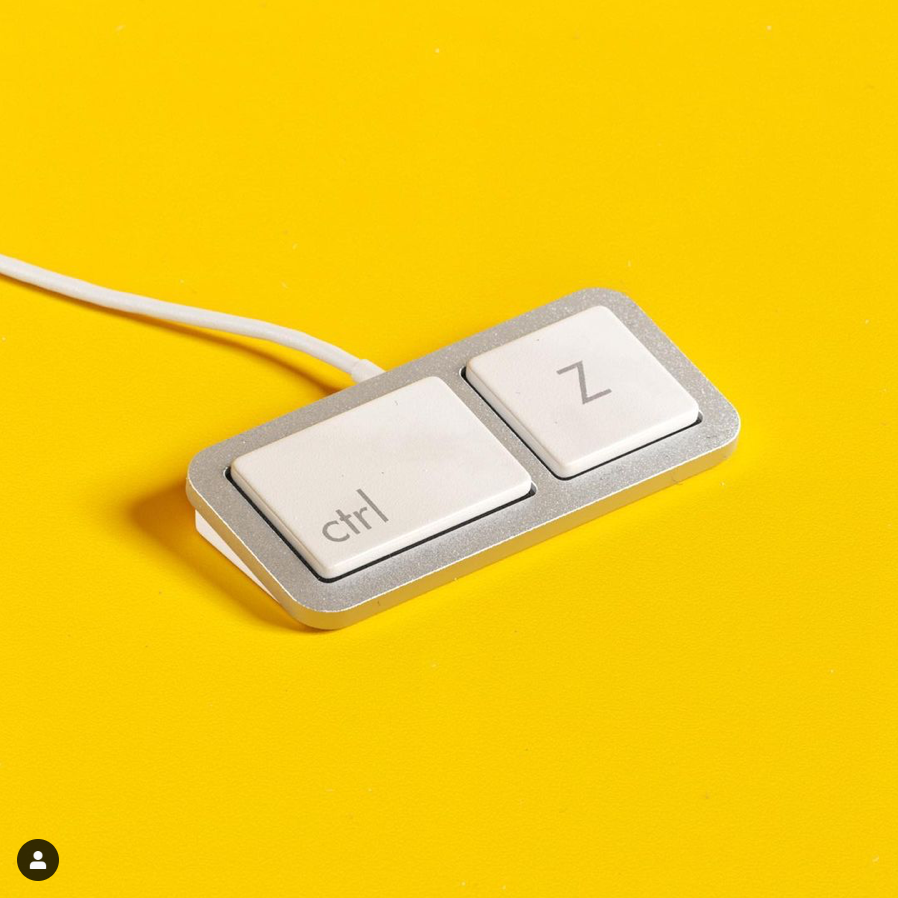
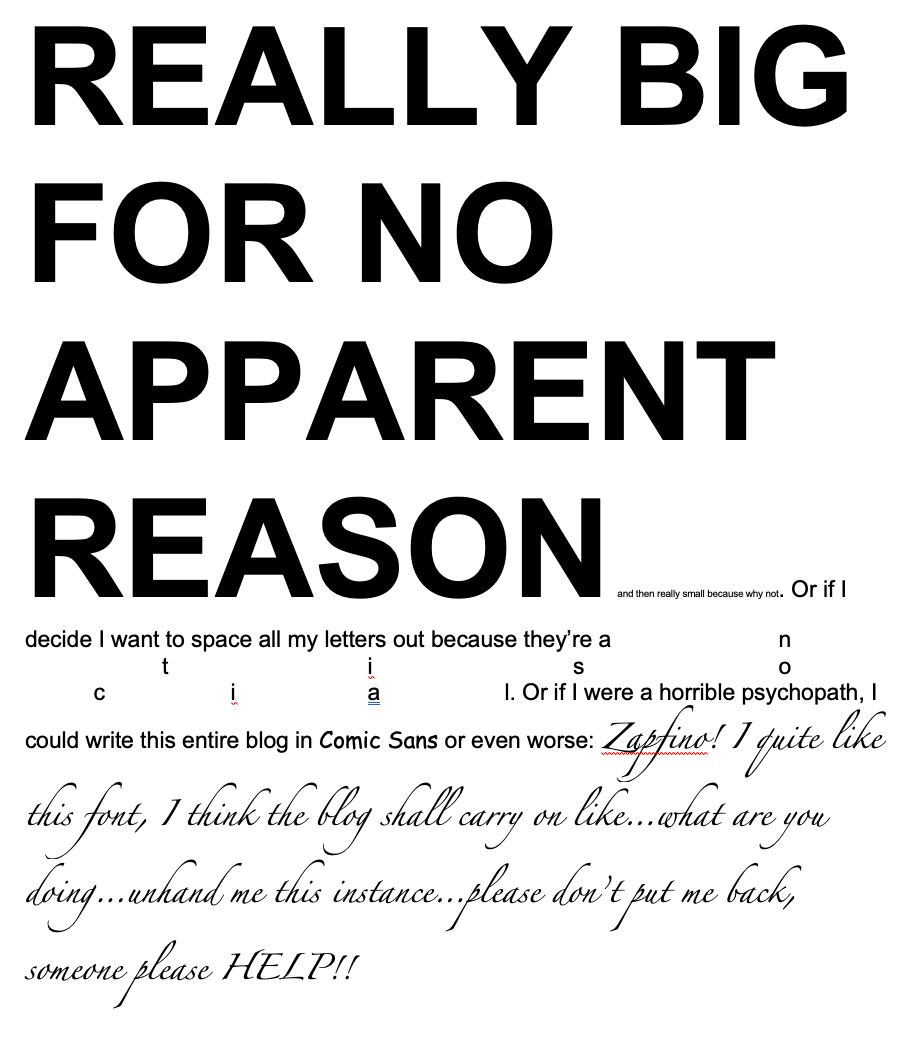

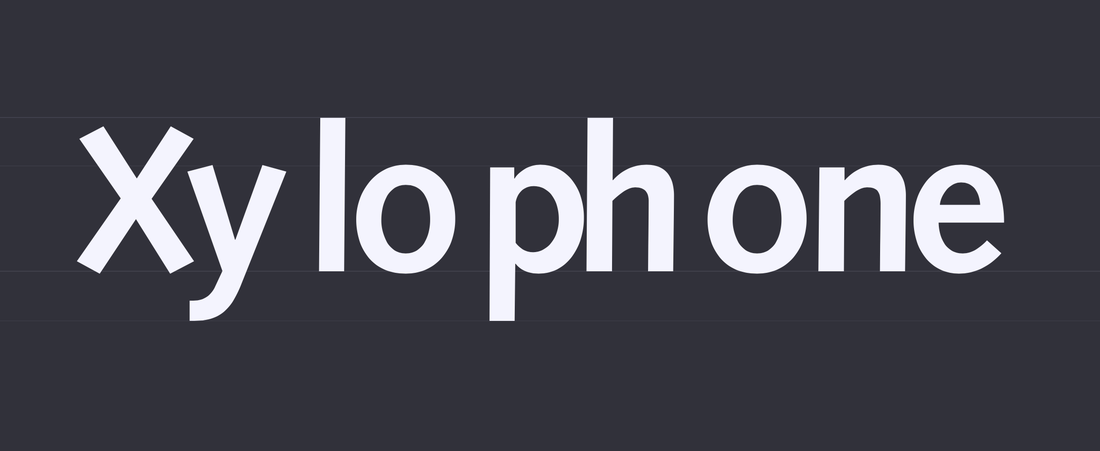
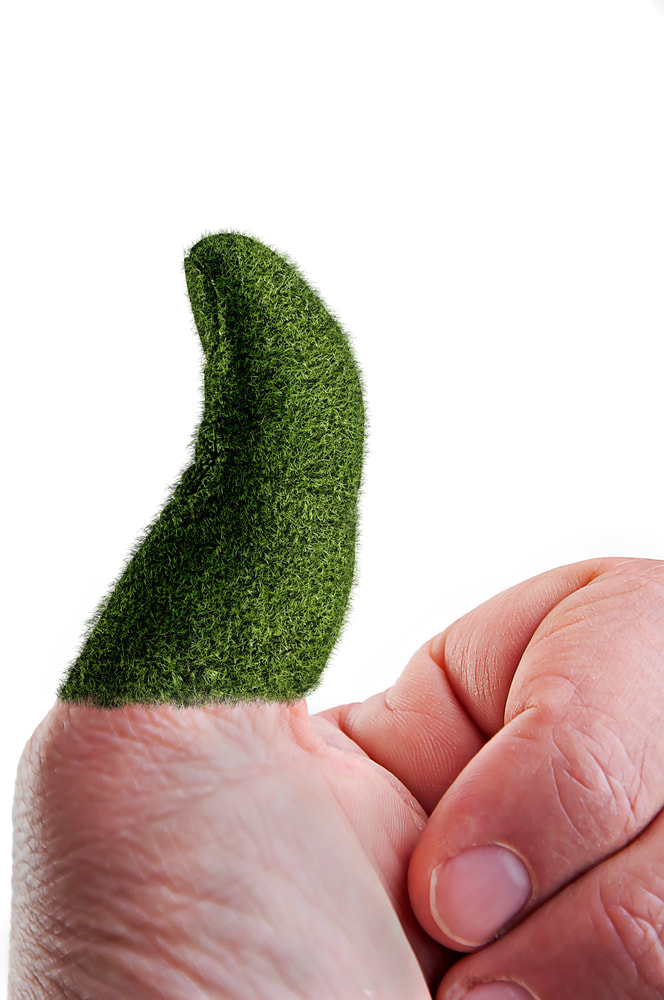
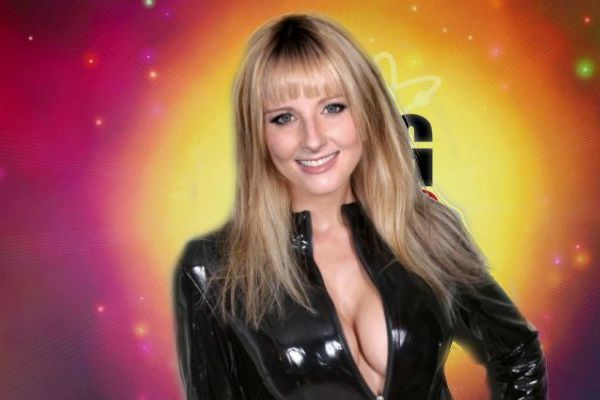
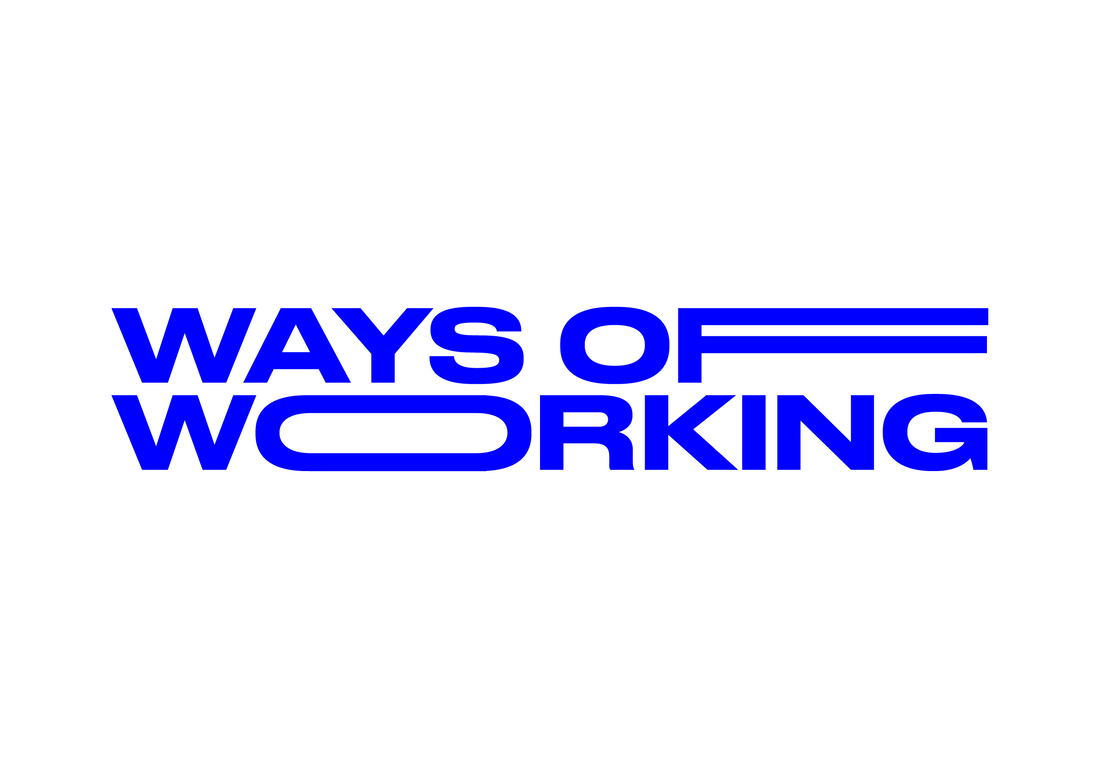
 RSS Feed
RSS Feed
